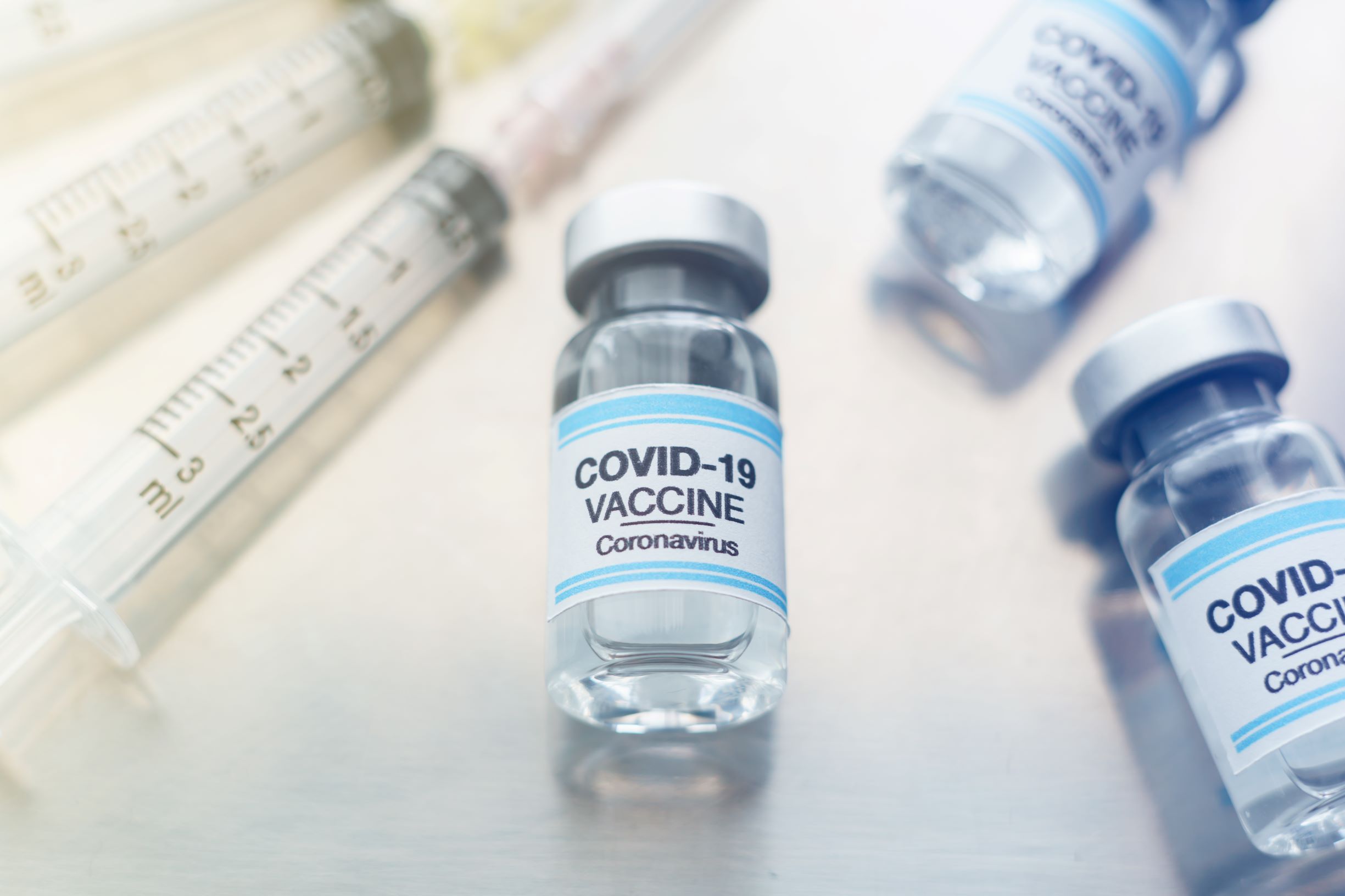More than 6 million people have died worldwide as a result of COVID-19. As a result, there have been changes in how healthcare is researched, developed and delivered. The life sciences industry continues to be an ever-evolving and rapidly growing segment.
COVID-19 caused disruptions to pharma and MedTech research and development as companies used their resources to speed up processes to provide an effective vaccine. While this may sound negative, it could prove to be beneficial. With large pharmaceutical companies such as Pfizer, Moderna and Johnson & Johnson all switching gears to focus on the same task, we witnessed collaboration efforts on an unprecedented scale. Subsequently, an effective vaccine was developed, mass-produced and made readily available. If this level of increased collaboration continues, we could experience remarkable advances in the life sciences space.
The development of the COVID-19 vaccine could help in other ways, even if big pharma collaboration does not continue. The Pfizer and Moderna COVID-19 vaccines are mRNA vaccines. Researchers have been studying and working with mRNA vaccines for years, but they were not available to the public until recently. Now that there has been a breakthrough in mRNA vaccine technology, we may soon see mRNA vaccines to treat other viruses such as the flu and HIV. Both Pfizer and Moderna are researching the potential of mRNA vaccines for the flu, and Moderna has started research for an HIV mRNA vaccine.
Manufacturing and supply chain disruptions have slowed down the delivery of medical care to those who need it, but telemedicine has emerged and appears to be here to stay. As the delivery of medical care continues to change and adapt, unforeseen issues will emerge and most certainly affect an already tough medical professional liability marketplace.
Another way COVID-19 has impacted the life sciences industry is new process implementation using real-world data. Companies could standardize this data to create regulatory-grade data as well as personal patient data to create an ongoing health record for an individual. These include wearable devices and software that aid in remote patient care and site monitoring via telehealth. Another emerging field is artificial intelligence (AI) which can include language processing, voice recognition and disease progression modeling.
There is a lot of emerging growth in the life sciences industry because of COVID-19, and we are here to help you give your clients the coverage they need in these uncertain times.
View printable version of this article here.
